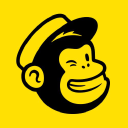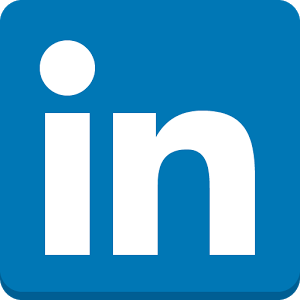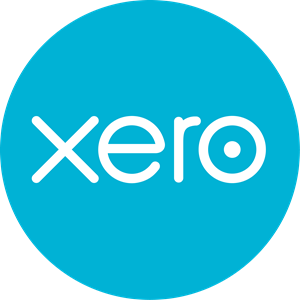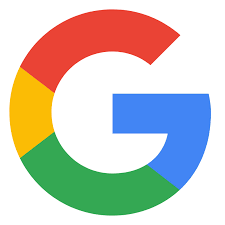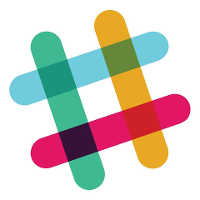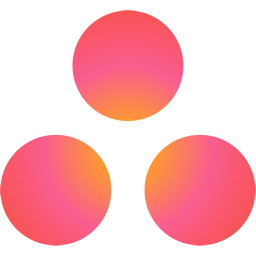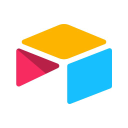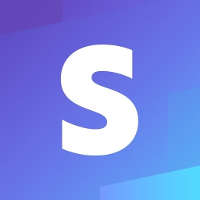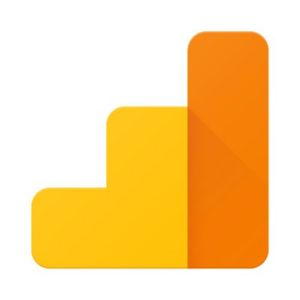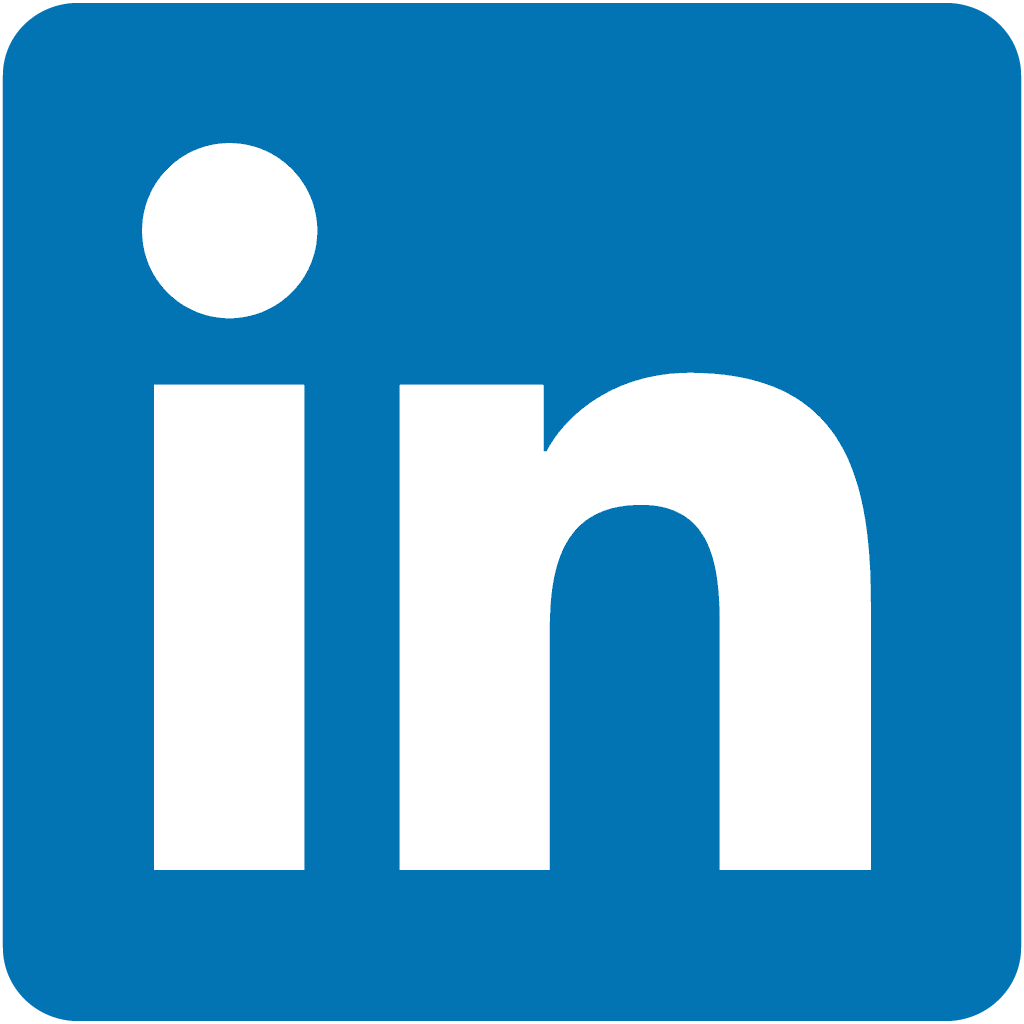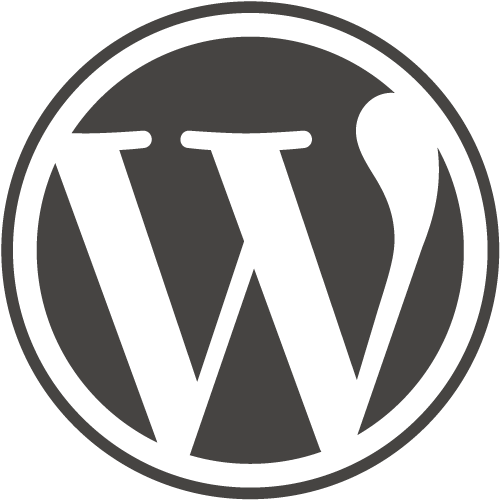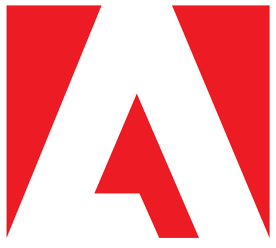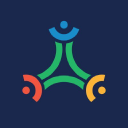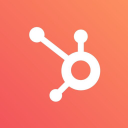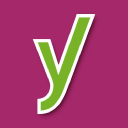On Starting A Business Helping Other Founders Build Affordable Products
I’m Katerina, co-founder, and CEO of Adeva - a global talent network that enables startups to build their products quickly and affordably, at the highest quality level. We’ve built a special program specifically designed to help founders do more with their existing budget by leveraging a world-class talent network.
I’m a remote work advocate and a strong believer that the future of work is not about where you work from, but what you deliver. With Adeva, we want to pass on that same belief and working style. We work with a variety of companies - from early-stage startups to enterprises across many industries.
I stand for equality, inclusion, and giving back to the community and I actively take part in many initiatives for women in tech.

What's your backstory and how did you get into entrepreneurship?
I studied software engineering and right before graduating I started working in a local company. They found work through freelance networks and I did most of the work to make sure we stand out from the crowd. It was fun working there at first and I was learning a lot, but being the only employee, I felt like there’s no more room for growth after a while. All I did was repetitive work with outdated tech stack.
Don’t try too hard to stand out and don’t be afraid to take the leap. Maybe you won’t know where you headed from the beginning and that’s ok. You will learn through the process.
I decided to quit after 6 months on the job to become a freelancer. In the beginning, I worked full weeks on $30 projects. At the end of the month, I barely had the money to pay my living expenses. But, I loved it. I did it for the experience, knowing that it will bring much more meaningful work going forward. It did.
One of my friends from University (now my husband) joined me in the journey and two years later we co-founded Adeva.
Take us through your entrepreneurial journey. How did you go from day 1 to today?
When we started Adeva, we didn’t have a clear vision of what we want to achieve. We were two people with a bunch of ongoing projects that we started as freelancers and we needed help with the whole workload. That’s when we hired our first employee and it all happened very organically from there.
At first, Adeva was more of a freelance hub than a real company. With only 12 months of combined experience in an actual company setting, we had to learn a lot on the job. Both of us had an engineering background, so we faced enormous challenges with sales and marketing and taking the company from one level to the next.
We grew a lot over the years. Learning from our customers, we iterated a lot - going from agency work to an “outstaffing” model, until we passionately embraced the gig economy.
For the past year, we’ve been focused on bringing untapped remote talent to companies worldwide. We perfected the screening and sourcing process, so we can provide our clients with exceptional talent in less than 2 weeks. From a small 3-people office, we grew to a remote network of over 500 people from 20 different countries. It’s been an amazing ride!
Our story is not the usual Silicon Valley startup story - we’ve been 4 years on the market when we actually found our market fit and started building our tech talent network. To me, that’s a testimony that you don’t need to fit the mold to do great work. Every experience is unique. It all boils down to listening to your customers and using their feedback to keep improving your product and create something of value.
How are you doing today and what does the future look like?
Over the last year, after we embraced the future of work and decided to open up to remote talent, we’ve seen a growth of 300% compared to the year before. Today, our customers include hyper-growing startups from Silicon Valley, as well as Fortune 500 companies who rely on us to build their products, experiment with new features and beat the competition. It’s amazing because we’re able to bring Silicon Valley experience to people in emerging countries without needing them to move away from their homes and families.
Our internal team is still small - we’re 6 people at the moment - half of them working on developing our platform to give the best possible experience to our customers and talent, and the other half focused on sales, marketing, and operations. We’re hiring for sales and marketing person at the moment and we’re focused on opening local chapters on multiple locations by the end of the year. We’ll always be remote-first, but we’ll also have local representatives in different locations to be able to support our customers better.
Our long term vision is to change the way people work and we do that by educating companies on the benefits of remote work and bringing exciting opportunities to tech talent across the world. By reducing the need to move to the global tech centers and reducing the commute in general, we strongly believe that remote work is one of the strongest weapons to fight pollution and improve the quality of life. In the next period, we plan multiple efforts to spread out this belief.

Through starting the business, have you learned anything particularly helpful or advantageous?
We’ve had many drawbacks and failures throughout the years and even though it’s been really stressful at times, we always came out stronger and better than before. For example, before we fully embraced remote work, we lost a big client that brought us huge stability at the time. Only when that happened did we start thinking about bold actions that helped us grow exponentially. This is easy to notice when you reflect back, but it can be so hard at the moment it happens that giving up might seem like the best option.
It’s after reading Ryan Holiday’s book “The obstacle is the way”, that I actually changed perspective. Whenever something set us back, I forced myself to think ok, this is a way to improve. Putting this into practice changed the way I approached challenges. I now focus on the solution first, thinking about how it can help us improve in the future. It might seem like a cliche, but it always does.
What platform/tools do you use for your business?
We use Asana for managing our internal work - it’s simple enough to make it easy to use but still powerful. Since our team is fully distributed, we rely a lot on tools like Zoom for video calls, as well as Slack for instant communication. We have the whole team signed up for GSuite and we use their mailing service, online storage, as well as their online docs, sheets, and slides.
DocuSign is our go-to tool for signing documents online (which we do a lot). For managing our customers, we use Hubspot with their integrated CRM, sales and marketing module.
In terms of productivity, I’m constantly trying new things to make sure I’m productive and make the best use of my workday. I use Toggl to track time, which makes it easy to analyze where my time goes and make sure I’m focused on one thing at a time. I also love the Pomodoro technique and use the Marinara extension for Chrome - combined with Toggl it’s an amazing solution for fighting distractions. Of course, it takes some discipline to get used to the process and it can be annoying at first.
What have been the most influential books, podcasts, or other resources?
I don’t listen to podcasts, but I am a book addict. It doesn’t matter if it’s reading or listening to audiobooks, it’s something I really enjoy. I mostly read non-fiction, psychology and sometimes biographies. The latest book that really inspired me is “The courage to be disliked”. It talks about Adlerian psychology in such a simple way with so much constructive advice that you can immediately start improving your lifestyle and approach to the world.
I already mentioned The obstacle is the way by Ryan Holiday, and I’d also recommend Traction by Gino Wickman for setting up great business processes that are growth-oriented; The Power Of Habit by Charles Duhigg for great insights on how to get rid of bad habits and form the ones you want, and Outliers by Malcolm Gladwell which takes upon a different view on entrepreneurship and making a difference.
Advice for other entrepreneurs who want to get started or are just starting out?
Don’t try too hard to stand out and don’t be afraid to take the leap. Maybe you won’t know where you headed from the beginning and that’s ok. You will learn through the process. Just make sure to listen to your customers and continuously improve.
One of the mistakes I often see founders making is treating funding as the end goal. A lot of startups don’t even know how that money will help them grow, yet it’s something people see as a form of recognition, a sign that they’re on the right track.
Adeva is bootstrapped and that has really helped us find creative ways to grow and understand what we need to move forward. At this point, we know what drives our business and what we should invest in, so it makes sense to consider funding at this point. If we did that 2 years ago, I’m afraid we’d failed.
Where can we go to learn more?

Download the report and join our email newsletter packed with business ideas and money-making opportunities, backed by real-life case studies.

Download the report and join our email newsletter packed with business ideas and money-making opportunities, backed by real-life case studies.

Download the report and join our email newsletter packed with business ideas and money-making opportunities, backed by real-life case studies.

Download the report and join our email newsletter packed with business ideas and money-making opportunities, backed by real-life case studies.

Download the report and join our email newsletter packed with business ideas and money-making opportunities, backed by real-life case studies.

Download the report and join our email newsletter packed with business ideas and money-making opportunities, backed by real-life case studies.

Download the report and join our email newsletter packed with business ideas and money-making opportunities, backed by real-life case studies.

Download the report and join our email newsletter packed with business ideas and money-making opportunities, backed by real-life case studies.



